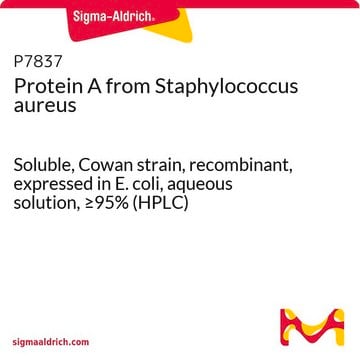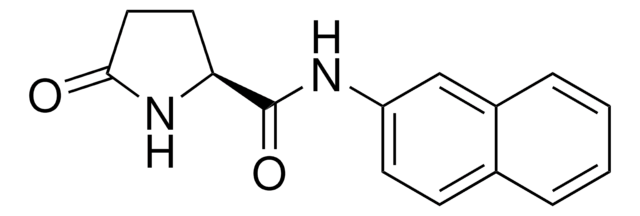T5251
D-(+)-Trehalose dihydrate
≥98.5% (HPLC), from Saccharomyces cerevisiae
Synonym(s):
α,α-Trehalose dihydrate, D-Trehalose dihydrate, α,α-Trehalose, α-D-Glucopyranosyl-α-D-glucopyranoside
About This Item
Recommended Products
biological source
Saccharomyces cerevisiae
Quality Level
Assay
≥98.5% (HPLC)
form
powder
optical activity
[α]/D 174 to 182 °, c = 1.0% (w/v) in water
technique(s)
HPLC: suitable
cryopreservation: suitable
mp
97-99 °C
application(s)
agriculture
agriculture
cell analysis
genomic analysis
life science and biopharma
SMILES string
[H]O[H].[H]O[H].OC[C@H]1O[C@H](O[C@H]2O[C@H](CO)[C@@H](O)[C@H](O)[C@H]2O)[C@H](O)[C@@H](O)[C@@H]1O
InChI
1S/C12H22O11.2H2O/c13-1-3-5(15)7(17)9(19)11(21-3)23-12-10(20)8(18)6(16)4(2-14)22-12;;/h3-20H,1-2H2;2*1H2/t3-,4-,5-,6-,7+,8+,9-,10-,11-,12-;;/m1../s1
InChI key
DPVHGFAJLZWDOC-PVXXTIHASA-N
Looking for similar products? Visit Product Comparison Guide
General description
Application
- Use as a cryoprotectant in a variety of cell freezing media
- Used in excipeint research
Biochem/physiol Actions
Features and Benefits
- Prepared from Saccharomyces cerevisiae
- Suitable for use with HPLC and GC-MS(4)
Preparation Note
Other Notes
comparable product
Storage Class Code
11 - Combustible Solids
WGK
WGK 1
Flash Point(F)
Not applicable
Flash Point(C)
Not applicable
Personal Protective Equipment
Certificates of Analysis (COA)
Search for Certificates of Analysis (COA) by entering the products Lot/Batch Number. Lot and Batch Numbers can be found on a product’s label following the words ‘Lot’ or ‘Batch’.
Already Own This Product?
Find documentation for the products that you have recently purchased in the Document Library.
Customers Also Viewed
Our team of scientists has experience in all areas of research including Life Science, Material Science, Chemical Synthesis, Chromatography, Analytical and many others.
Contact Technical Service









